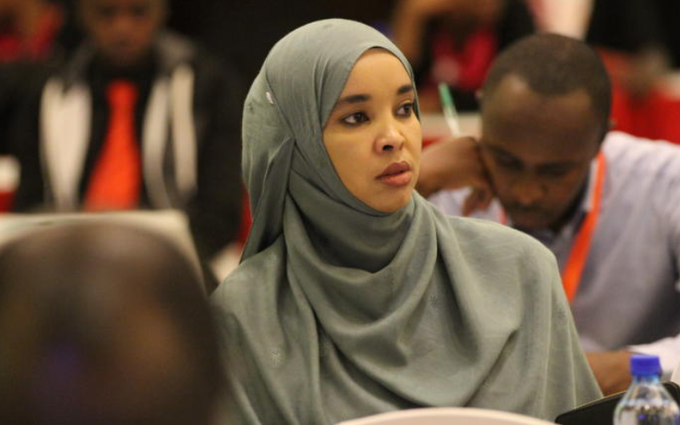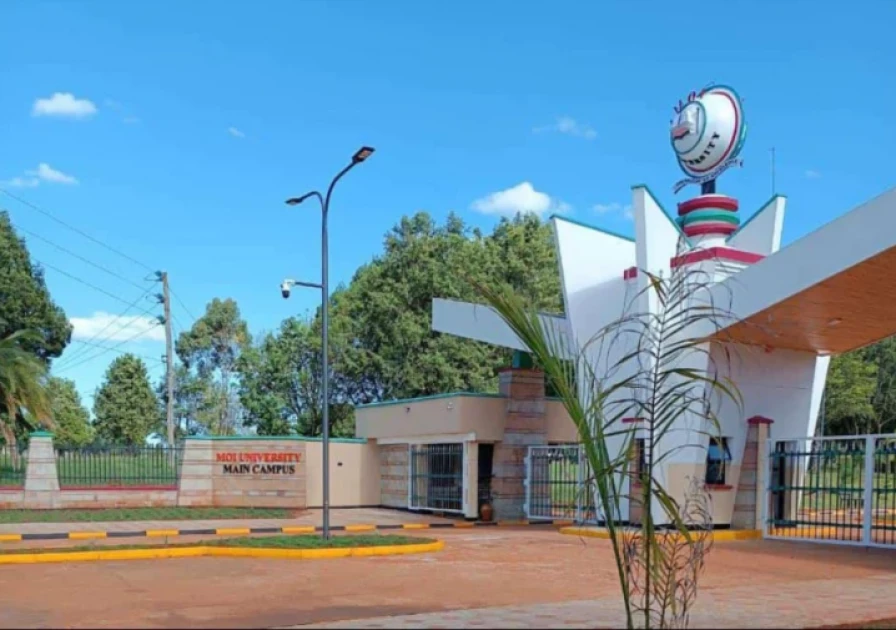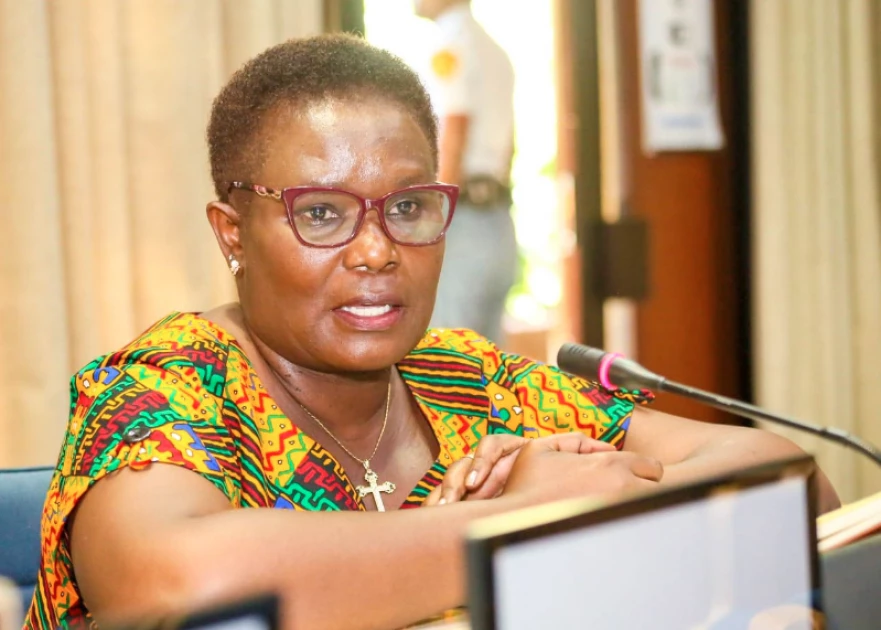By TWV Team
As Kenya approaches the 2027 general elections, a disturbing trend has emerged within the ruling Kenya Kwanza coalition, raising serious concerns about the integrity of the entire process. Inflammatory statements by prominent leaders allied to President William Ruto have sparked fears of potential electoral manipulation, threatening to undermine public confidence and plunge the nation into unimaginable anxiety.
The most alarming declaration came from Wajir Woman Representative Fatuma Abdi Jehow last week during the 60th anniversary celebrations of Wajir High School. She was quoted as saying:
“As MPs from North Eastern, we don’t talk much. When it comes to the President, we say two terms. We are just waiting for the ballot, even if we don’t have the numbers, we will steal for him. That’s no secret,” she stated boldly.
This brazen admission of intent to rig the vote triggered widespread outrage, prompting calls for her censure and urgent action from both the Executive and the Independent Electoral and Boundaries Commission (IEBC). Jehow’s remarks are not an isolated incident. A chorus of Ruto’s allies has echoed similar sentiments, fuelling suspicions of a coordinated effort to subvert the democratic will.
Kapsaret MP Oscar Sudi dismissed the notion of a single-term presidency, asserting:
“There’s no way Ruto will be a one-term president. Who said we are leaving after five years?”
Tiaty MP William Kamket invoked the spectre of former President Daniel arap Moi’s prolonged rule, claiming:
“We know how to manufacture a President to serve for 24 years.”
Belgut MP Nelson Koech added:
“Who told you we’ll serve one term? Kibaki and Uhuru didn’t. Why should we?”
Such rhetoric, dismissed by some as mere political posturing, is far from harmless. It strikes at the heart of Kenya’s fragile democracy, already scarred by the 2007 post-election violence and the 2017 nullification of a presidential election due to irregularities.
Marcus Agenga, Programmes Officer at the Elections Observation Group (ELOG), warns that such statements erode public trust:
“When members of a ruling party boast about rigging elections, it attacks the legitimacy of our democracy. It signals that electoral outcomes are about manipulation, not the will of the people.”
He cautions that even if the 2027 election is free and fair, this kind of rhetoric risks discouraging voter participation and delegitimising institutions like the IEBC. The silence from President Ruto on these remarks, so far, has raised eyebrows.





